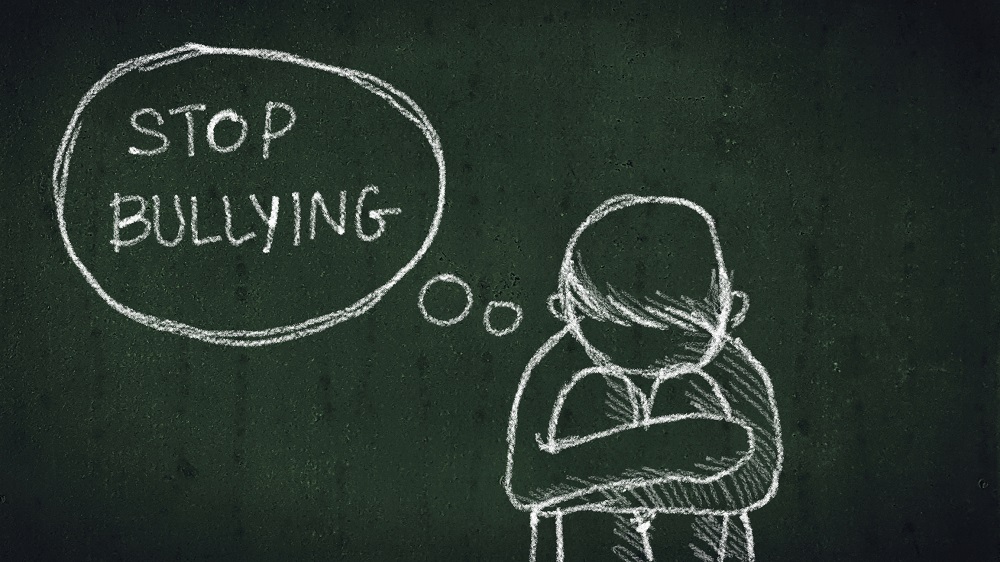 Many children will not tell parents they are being bullied until the situation escalates, but there a few changes in their behavior that can alert you.
Many children will not tell parents they are being bullied until the situation escalates, but there a few changes in their behavior that can alert you.
Signs that your child may be a victim of bullying include refusing to speak about their day at school, not wanting to go to school, unexplained marks and bruises, asking for more lunch money, complaining of frequent headaches and stomach aches, sudden loss of friends and frequent nightmares.
Bullying has profound effects on children. For some, it affects them for life. Psychological responses can range from depression, anxiety, post-traumatic stress disorder to severe reactive rage leading to the victim being the perpetrator of cruelty to others. In some instances, children have responded to bullying and cyber-bullying by committing suicide.
If you find that your child is being bullied, you will need to document the dates, times and places of the action. If the bullying is taking place on school grounds, call the school and schedule a face to face meeting with a teacher or principal. If not on school grounds, notify the police.
Most schools have adopted an anti-bullying policy. Obtain a copy to determine if the bully violated school law. Bullying is best handled when you work together, with the proper authorities.
After notification, be sure to follow up with your child, and the school, to make sure that the bullying has stopped.
All content of this newsletter is intended for general information purposes only and is not intended or implied to be a substitute for professional medical advice, diagnosis or treatment. Please consult a medical professional before adopting any of the suggestions on this page. You must never disregard professional medical advice or delay seeking medical treatment based upon any content of this newsletter. PROMPTLY CONSULT YOUR PHYSICIAN OR CALL 911 IF YOU BELIEVE YOU HAVE A MEDICAL EMERGENCY.
